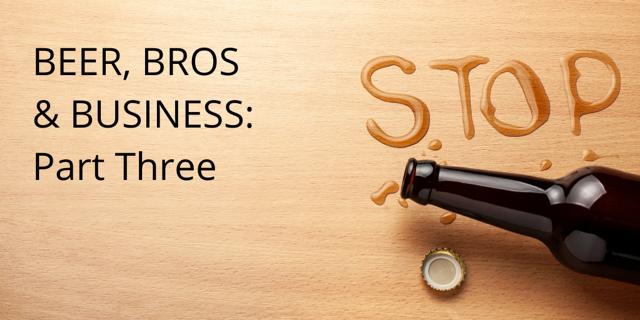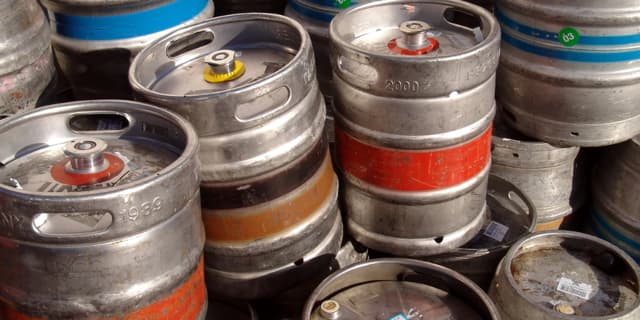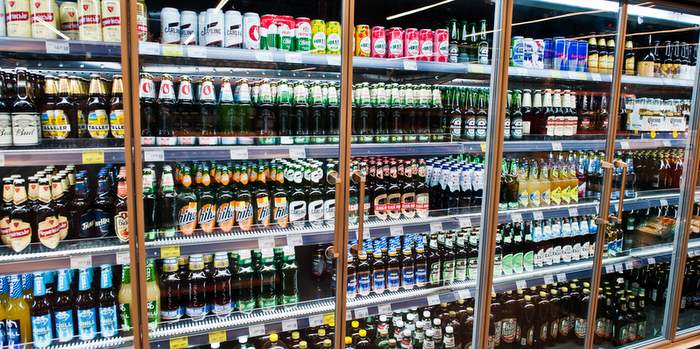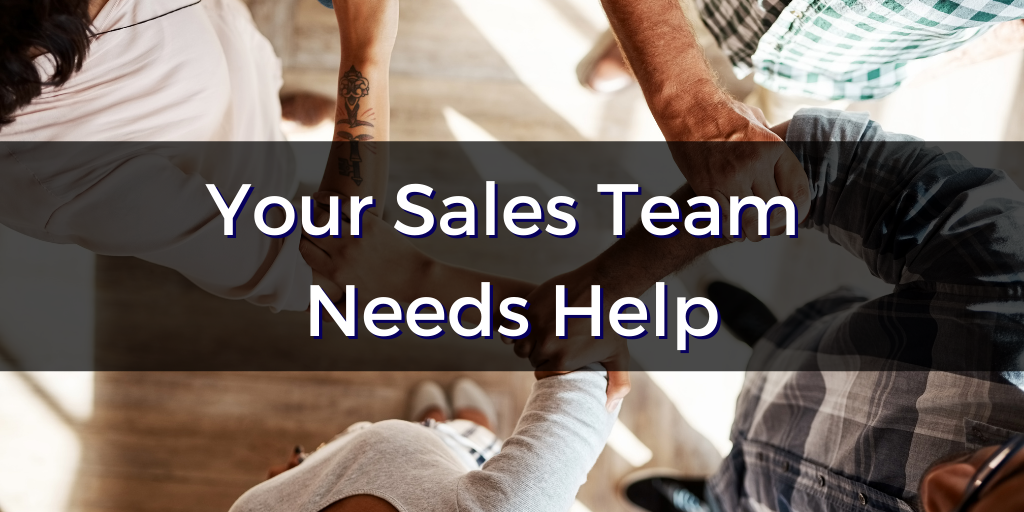
For the past few months, back of the house work environments and special events, like beer festivals, have been in the spotlight for rampant sexism and harassment, but it’s time that we all take a closer look at other industry occupations where gender-based misconduct occurs, how it shows up, and why it happens.
Autonomy, performance compensation and patriarchy — three words that explain why gender-based harassment, discrimination and violence regularly show up in today’s off-site beverage sales and distribution environments. Part Three of “Beer, Bros and Business” is dedicated to those who work in a sales capacity or are employed by a beverage distribution company at any level.
The Beer, Bros and Business series looks at harassment, misogyny, and abuse in every role within a craft beer brewery to raise more awareness of when and where this unacceptable behavior happens, while also showing the effects on your business. Here is Part 1 laying out the tiers of misconduct, and here is Part 2 on the problems with front of house.
Autonomous job roles
This occupational hazard puts members of the sales and distribution teams in the beer industry at high risk of gender-based harassment and violence. Why? Because no one else is around to see it happen, and it’s your word against that of a retail buyer, manager, supervisor or consumer (those in up-power positions).
These instances rarely get reported and can cause long-term mental health trauma for any employee. Sales professionals, at the brewery and distribution levels, usually work alone and are responsible for maintaining long-term business relationships with their retail accounts and buyers. Quite often these relationships are fraught with instances of misogynistic language, crude jokes, inappropriate commentary, unwanted sexual advances, propositions in exchange for sales, unwanted touching, favoritism towards those who comply, and unsettling ogling.
Dealing with these acts of misconduct by oneself is extremely scary for most sales reps, which usually results in silence or a complete exit from the industry. Most sales reps never report or speak up about these conflicts because their supervisor brushes them off for being too sensitive or takes the side of the oppressor in order to salvage the business relationship.
These instances are also exacerbated in the wholesale tier. Distribution sales reps are required to call on the same retail accounts in their assigned routes every single week. This means that if you are dealing with issues of gender-based harassment or abuse within your assigned territory, you are required to face your oppressors on a regular basis. No salesperson should ever have to endure long-term harassment, discrimination or abuse because they are assigned to a certain area or set of accounts.
This is just the tip of the iceberg in the wholesale tier, as gender-based harassment and violence also exists within the walls of beverage distribution warehouses and consistently shows up in work-related travel, meetings and interactions with supplier partners.
Performance compensation
Similar to the situation of front of the house employees dealing gender-based misconduct, sales and distribution teams usually have their income tied to a performance compensation system. Supplier and distributor sales positions often pay based on commission rates or performance bonuses. This is problematic because those experiencing an issue with discrimination, harassment or abuse in a sales role are less likely to speak up about the situation because they fear it will negatively impact their income. There is also fear of retaliation from ownership or their direct supervisors or just losing their job completely. No employee should ever have to silence their struggles for the benefit of earning an extra dollar.
Patriarchy
Scary word, right? Yes, the beverage alcohol industry is a patriarchal system. Why? Because the existing social constructs of the beer industry are historically and currently based on a system where men hold positions of power and dominate the majority of the industry while females are seen as inferior. According to a 2020 report from the US Bureau of Labor Statistics, only 24% of the alcoholic beverage industry overall is female or female-identifying, including retail positions, wholesale tier positions, sales and manufacturing. This is reinforced by data from the 2018 Brewery Operations Benchmarking Survey conducted by the Brewers Association, which revealed that brewery ownership is 77% male, production staff is 92% male, and with all other positions outside of production and service coming in at 62% male.
This means we have a gender bias in our industry and an imbalance of power. Female-identifying individuals within our industry are in a marginalized position, which means those in the majority have the moral responsibility to recognize this imbalance and to advocate and uplift those that are limited in power. This is a major reason why owners, operators, and managers should pay attention to how they are handling inclusivity, equity, and social justice within their organization.
Solutions
Let’s explore how we can help remedy these situations for sales and distribution teams.
First, scrap the “open door” policy and embrace an “open feedback” environment. It’s never easy to speak to someone, especially a supervisor, about a difficult situation in person. The victim is usually afraid to rock the boat, be subjected to retaliation, be labeled as a “problem”, or just plain ignored.
Anonymous reporting tools that use technology to manage reports of misconduct allow employees to give feedback honestly and in a timely manner without fear of retaliation. Systems like WeVow (which also carries a 50% discount for BA members), #NotMe, and All Voices are effective, budget-friendly tools that breweries and beverage distributors can use to ensure that their sales teams are not being subjected to harassment, violence or discrimination without the organization’s knowledge.
Second, seek professional training on inclusivity, equity, and gender-based misconduct. Don’t waste time and effort in trying to DIY your own systems: look to an expert for help. With the rise of technology and public knowledge of social justice, long gone are the days of sleepy sexual harassment training videos and tedious in-person workshops.
A multitude of organizations will be happy to assist you with awareness and bystander training tailored to your budget and specific team needs. SafeBars.org, TableHR, HR Uprise, Crafted for All, Beer.Diversity, iHollaback, RAINN, and the Society for Human Resource Management are just a few of the organizations that exist to assist beer-focused businesses with their inclusivity, awareness and intervention training.
Third, you need a Code of Conduct for your business partners. At this point, most beer organizations realize that they need to establish a code of conduct for their teams, but what hasn’t been discussed yet is that organizations that deal with sales situations need to have a code of conduct for their business partners and customers as well.
Guidelines of intolerations for gender-based harassment and discrimination need to be communicated with every organization with which you conduct transactions, including vendors, suppliers, retail accounts, service providers and even your end customers (like in your taproom or tasting room). It’s up to owners and operators to set expectations in advance about business ethics, human rights, business practices, employee relations, health and safety and other topics related to sustainable and responsible business practices. If you need some examples, see this Code of Ethics from the Carlsberg Group and this Code of Business Conduct from Molson Coors.
Finally, as a supervisor or manager, you need to check in on your employees beyond just regular business meetings. It should never be the sole responsibility of a victim to alert ownership or management about instances of gender-based misconduct. It is your job, as a leader, to consistently run mental health checks with your sales and distribution team members with the same cadence that you hold business meetings.
These check-ins should address their physical and mental health, how they feel about their business and coworker relationships, reassurance that retaliation or job loss will not occur in instances of harassment or abuse, an audit of their work environment, and bystander solutions.
And these are not expensive solutions! You can choose to spend a nominal amount of money, time and effort to implement a system of open feedback for your team or suffer substantial financial losses in employee turnover, increased absences due to trauma, less productivity from your team, legal action, tarnished bard reputations, and even customer boycotts.
Julie Rhodes is the owner of Not Your Hobby Marketing Solutions, an educational services & consulting company that teaches sales, marketing, and management tactics to growing craft beverage businesses through industry-specific webinars, digital courses, and coaching programs. Find out more at NotYourHobbyMarketing.com or contact her directly at [email protected]. She is awesome and CBB thanks her for writing this series.





Doreen DiSalvo says
Which has been around since at least the 70’s